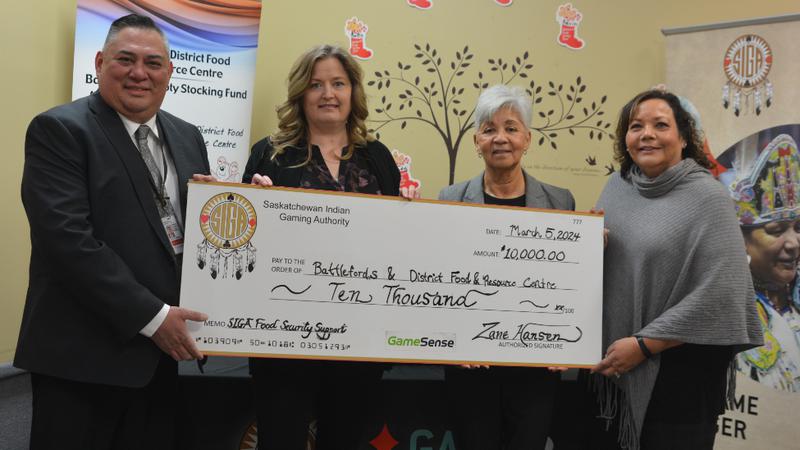
Moe says he doesn’t know how teachers would be punished for not following pronoun law
Saskatchewan Premier Scott Moe says he doesn’t know how teachers would be punished if they don’t follow the province’s pronoun law.
Moe told reporters Tuesday it would be up to school divisions to outline potential disciplinary action.
“I don’t know what the repercussions would be for a teacher not following any of the protocols in place that their employer might have,” Moe said.
“These protocols have been in place, and we’d expect the teacher to follow it and hope they do.”


